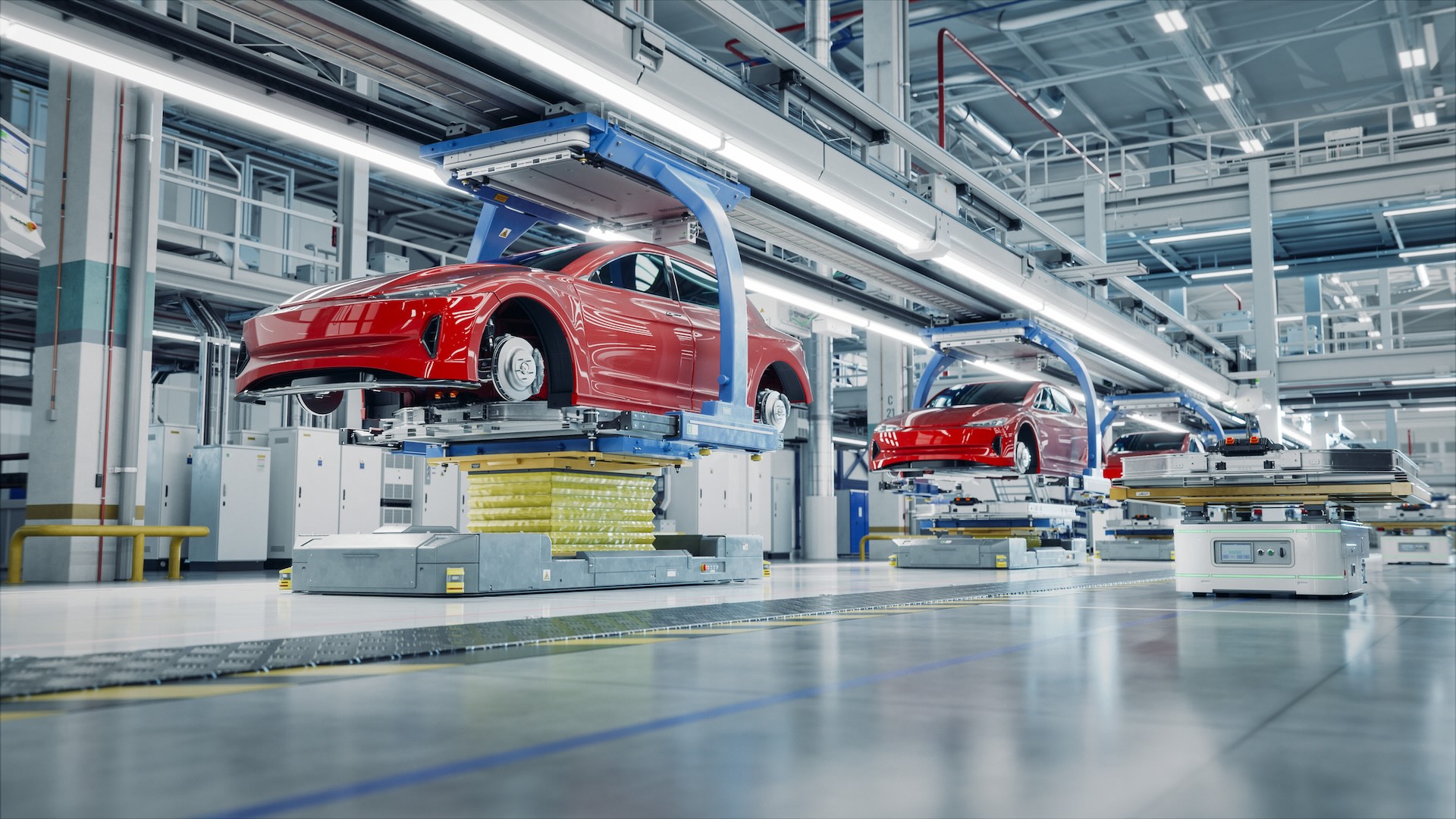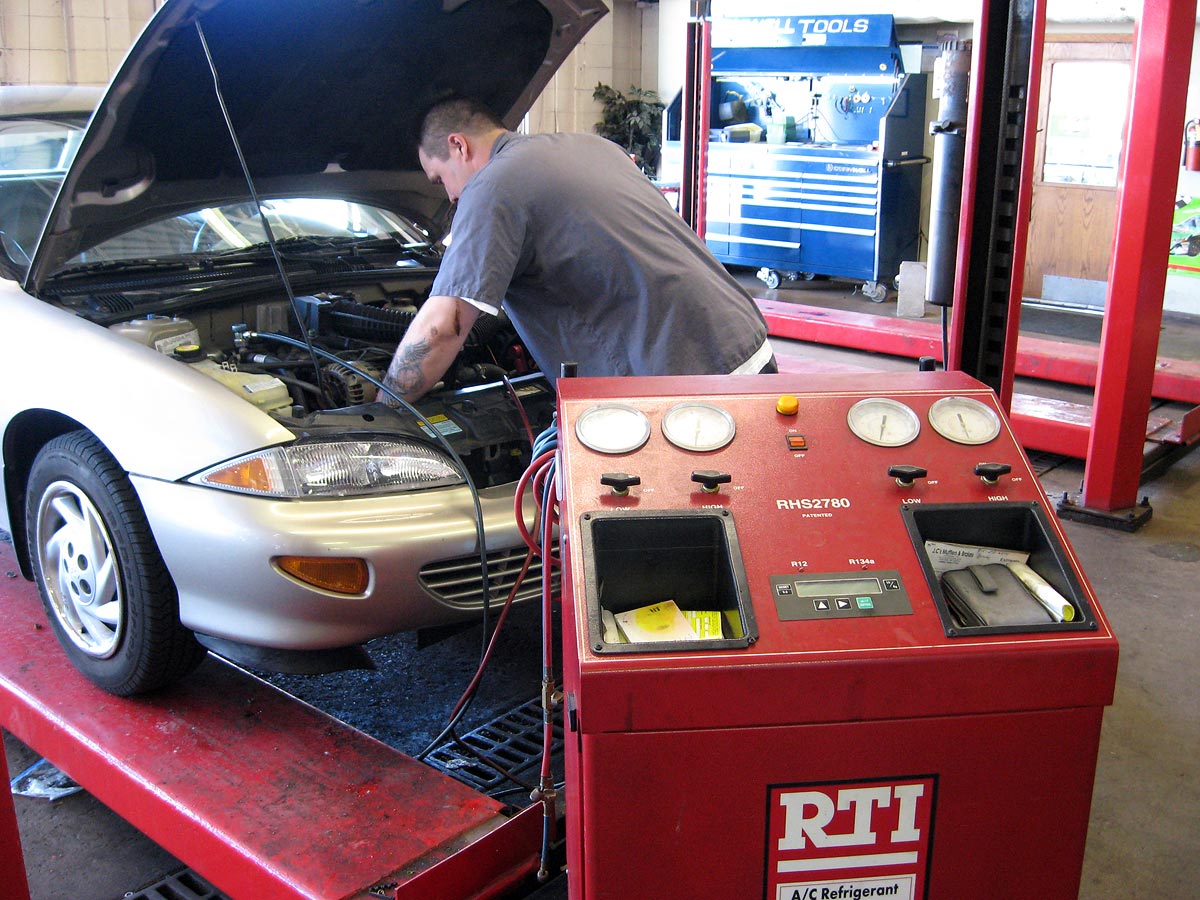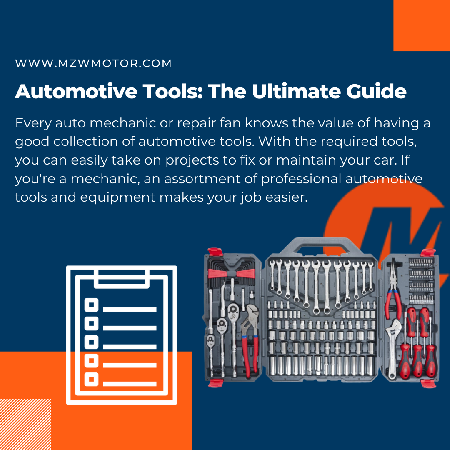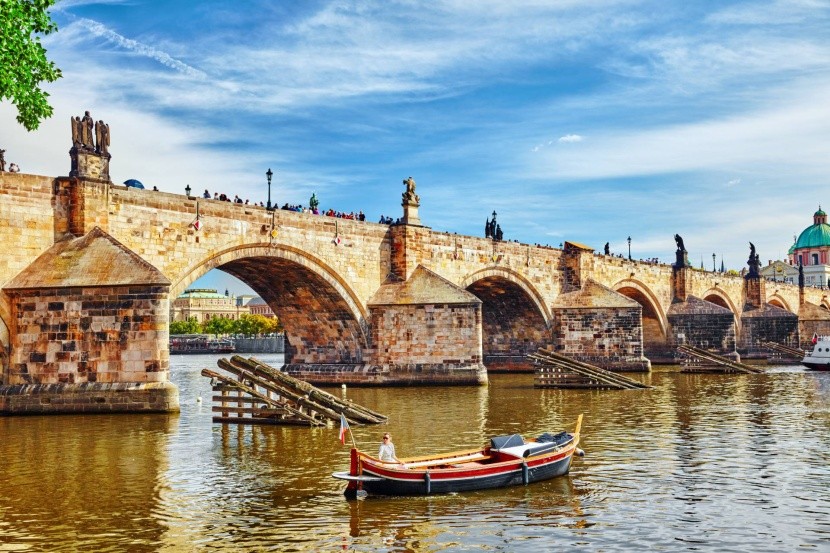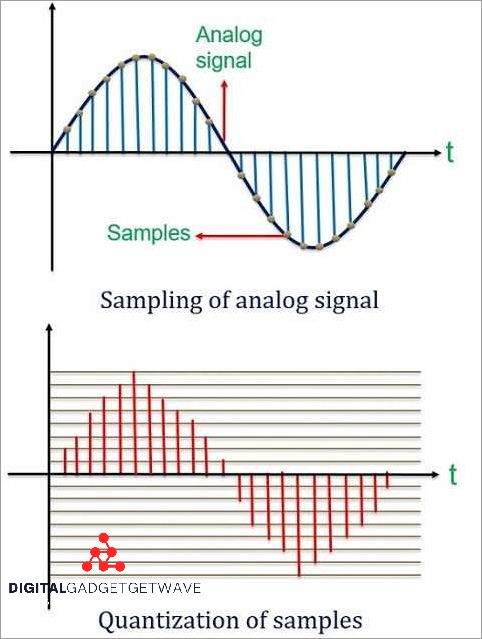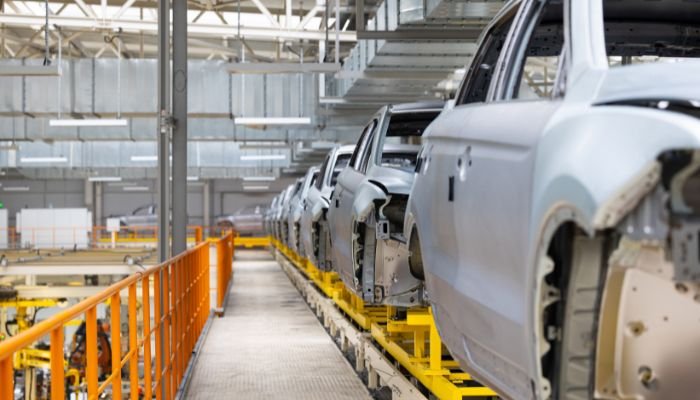Automotive Painter Salaries: Complete Guide to Earnings and Career Growth
Understand automotive painter compensation
Automotive painting represent one of the near skilled trades in the collision repair and custom vehicle industry. Professional painters who specialize in automotive work earn compensation that vary importantly base on experience, location, employer type, and specialization level.
The automotive painting profession offer multiple career paths, from work in collision repair shops to custom paint facilities, dealership service centers, and independent restoration shops. Each environment present different earning potential and growth opportunities.
National salary range for automotive painters
Automotive painters across the United States typically earn between $28,000 and $$65000 yearly. Entry level positions mostly start around $ $2500 to $ 3$320 per year, while experienced professionals can earn $ 45$45 to $ 65,$65or more.
Hourly wages for automotive painters range from $13 to $$31per hour, with the national average fall around $ $18o $ 2$22r hour for mid level professionals. Master painters with specialized skills much command premium rates exceed $ 25$25 hour.
These figures represent base compensation and don’t include potential bonuses, profit sharing, or commission structures that many shops offer to incentivize quality work and productivity.
Experience level impact on earnings
Entry level automotive painters
New automotive painters typically start as apprentices or helpers, earn $12 to $$16per hour. During this phase, painters learn fundamental skills include surface preparation, mask techniques, color matching, and spray gun operation.
Entry level positions oft include benefits such as health insurance, pay time off, and tool allowances. Many employers provide on the job training programs that can accelerate skill development and earn potential.
Mid-level professional painters
Painters with two to five years of experience mostly earn $17 to $$24per hour. At this level, professionals handle complete paint jobs severally, perform color matching, and work on various vehicle types from economy cars to luxury vehicles.
Mid level painters ofttimes specialize in specific areas such as collision repair, custom work, or fleet painting. This specialization can lead to higher compensation and more stable employment opportunities.
Master level automotive painters
Experienced painters with advanced skills earn $25 to $$35per hour or more. Master painters typically handle complex color matching, custom paint jobs, restoration work, and may supervise other painters.
These professionals oftentimes work on high-end vehicles, classic car restorations, or custom projects that require exceptional skill and attention to detail. Many master painters finally open their own shops or become partners in exist businesses.
Geographic variations in automotive painter salaries
Location importantly impact automotive painter compensation due to cost of live differences, local demand, and regional economic conditions.
Richly pay states and regions
States with the highest automotive painter wages include Alaska, Hawaii, Connecticut, Massachusetts, and Washington. These areas typically offer 15 % to 30 % higher wages than the national average.
Metropolitan areas such as San Francisco, New York city, Boston, and Seattle provide premium compensation but besides have higher living costs. Rural areas in these heights pay states oftentimes offer attractive wage to cost of living ratios.
Regional considerations
Southern and Midwest states broadly offer lower base wages but much have importantly lower living costs. States like Texas, Florida, and North Carolina provide grow automotive industries with competitive compensation packages.
Border states with significant automotive manufacturing presence, such as Michigan, Ohio, and Tennessee, offer stable employment opportunities with wages that reflect the strong automotive industry presence.
Employment settings and their impact on earnings
Collision repair centers
Collision repair shops represent the largest employment sector for automotive painters. These facilities typically offer steady work with wages range from $16 to $$26per hour for experienced painters.
Many collision centers operate on insurance work, provide consistent volume but potentially limit earn potential compare to custom work. Nonetheless, these positions oftentimes include comprehensive benefits packages and opportunities for advancement.
Custom paint shops
Custom paint facilities much pay premium rates for skilled painters, with experienced professionals earn $22 to $$35per hour. These shops focus on hihigh-endustom work, restorations, and specialty projects.
Custom shops typically require advanced skills in color mixing, airbrush techniques, and artistic application. Painters in these environments oftentimes develop signature styles that command premium pricing.
Dealership service centers
Automotive dealerships employ painters for warranty work, touch ups, and minor collision repairs. These positions typically offer $18 to $$28per hour plus comprehensive benefits include health insurance, retirement plans, and employee vehicle discounts.
Dealership positions provide job security and opportunities to work on newer vehicles with advanced paint systems. Many dealerships offer training programs for new paint technologies and techniques.
Independent and mobile services
Self employ automotive painters and mobile service operators have unlimited earn potential but face business ownership challenges. Successful independent painters much earn $40,000 to $$80000 yearly or more.
Mobile paint services have grown importantly, offer convenience to customers and potentially higher profit margins for painters willing to invest in mobile equipment and marketing.
Specialization areas and premium compensation
Classic car restoration
Restoration specialists much command the highest rates in automotive painting, with experienced professionals earn $30 to $$45per hour. This specialization require knowledge of historical paint systems, color accuracy, and period correct techniques.
Restoration work typically involves longer project timelines and higher customer expectations, but likewise provide opportunities for premium pricing and artistic satisfaction.
Motorcycle and specialty vehicle painting
Motorcycle painters and those specialize in recreational vehicles, boats, or aircraft oftentimes earn premium rates due to specialized knowledge requirements. These professionals typically earn 10 % to 25 % more than general automotive painters.
Specialty vehicle painting oftentimes involves unique challenges such as complex curves, specialized materials, and custom design work that justify higher compensation.
Industrial and fleet painting
Painters specialize in commercial fleet work or industrial vehicle painting oftentimes enjoy steady employment with competitive wages. These positions typically offer $19 to $$27per hour with excellent benefits.
Fleet painting provide volume work with standardized processes, allow for efficient production and predictable income. Many fleet painters besides handle equipment maintenance and minor repairs.
Factors affect automotive painter compensation
Certifications and training
Professional certifications importantly impact earn potential. Industry certifications from organizations like i car, ASE, or manufacturer specific programs can increase wages by $2 to $$5per hour.
Continuous education in new paint technologies, environmental compliance, and advanced techniques help painters maintain competitive compensation throughout their careers.
Quality and efficiency metrics
Many employers tie compensation to quality metrics and productivity standards. Painters who systematically produce high quality work with minimal rework oftentimes receive bonuses, raise, and premium job assignments.
Efficiency in material usage, time management, and customer satisfaction can lead to profit share opportunities and advancement to supervisory roles.
Technology adoption
Painters skills in advanced technologies such as waterborne paints, computerize color matching, and spray booth optimization much command higher wages. These skills become progressively valuable as the industry adopt new environmental and efficiency standards.
Understanding of paint chemistry, application techniques, and troubleshoot complex paint issues separate extremely compensate professionals from entry level workers.

Source: mechanicbase.com
Career advancement and earning growth
Supervisory and management roles
Experienced painters much advance to supervisory positions, earn $45,000 to $$65000 yearly. These roles combine hands on painting with team leadership, quality control, and customer interaction responsibilities.
Paint shop managers and supervisors typically receive additional compensation for administrative duties, training responsibilities, and business development activities.

Source: automotivean.com
Business ownership opportunities
Many successful automotive painters finally open their own shops, with potential annual earnings range from $50,000 to $$150000 or more. Business ownership require additional skills in marketing, customer service, and financial management.
Successful paint shop owners oftentimes expand into multiple locations, franchise opportunities, or specialized services that can importantly increase earn potential.
Training and education roles
Experienced painters may transition into training roles with vocational schools, community colleges, or manufacturer training programs. These positions typically offer stable employment with wages comparable to senior painter positions plus benefits associate with educational institutions.
Benefits and total compensation packages
Beyond base wages, automotive painters much receive comprehensive benefits that importantly increase total compensation value. Health insurance, dental coverage, vision care, and retirement plans are common in establish shops and dealerships.
Many employers provide tool allowances, uniform services, and continue education opportunities. Some shops offer profit share plans, performance bonuses, and commission structures that can increase annual earnings by 10 % to 25 %.
Pay time off, holiday pay, and sick leave policies vary by employer but contribute importantly to overall compensation packages. Union shops oftentimes provide additional benefits and job security protections.
Industry outlook and future earning potential
The automotive painting profession shows steady demand drive by vehicle collision repairs, custom work, and restoration projects. Advanced vehicle technologies and new paint systems create opportunities for painters willing to adapt and learn.
Environmental regulations continue shape the industry, create demand for painters train in compliant materials and processes. This specialization oftentimes command premium compensation as shops seek qualified professionals.
Electric vehicle growth present new opportunities as these vehicles require specialized knowledge for battery safety and unique paint requirements. Painters who develop expertise in electric vehicle servicing may find enhanced earn opportunities.
The growth classic car market and custom vehicle trends provide stable demand for skilled painters, specially those with artistic abilities and restoration experience. These market segments oft offer the highest compensation potential for experienced professionals.
MORE FROM promospotlight.com
